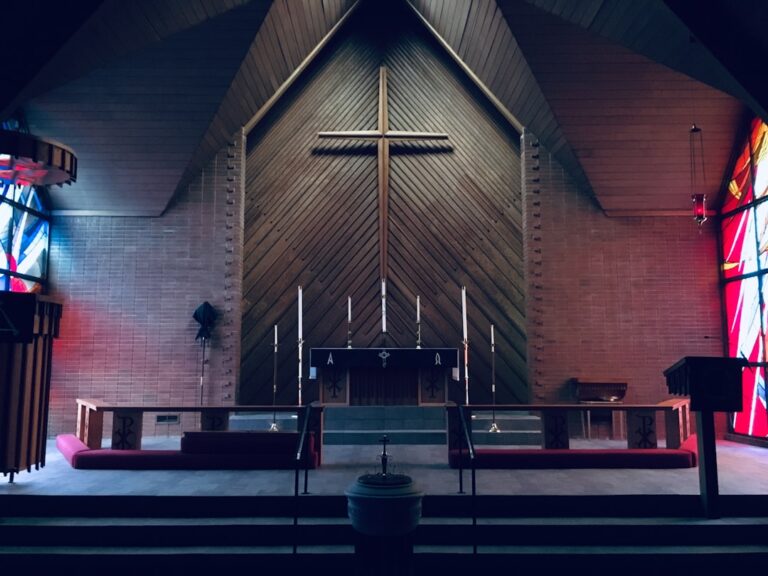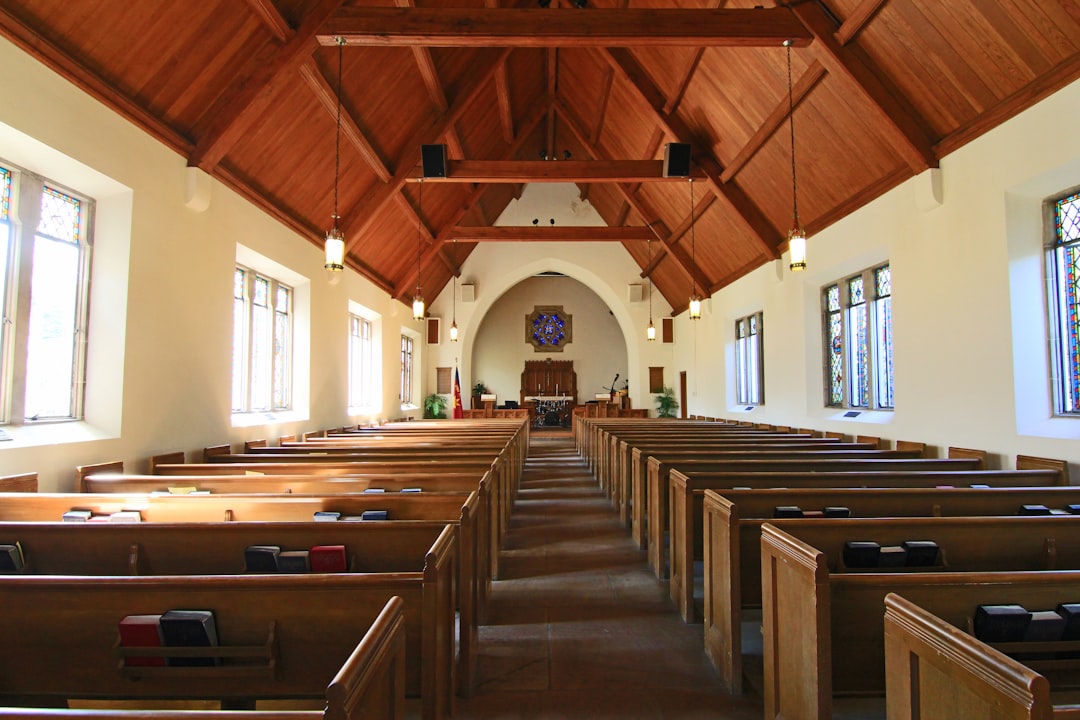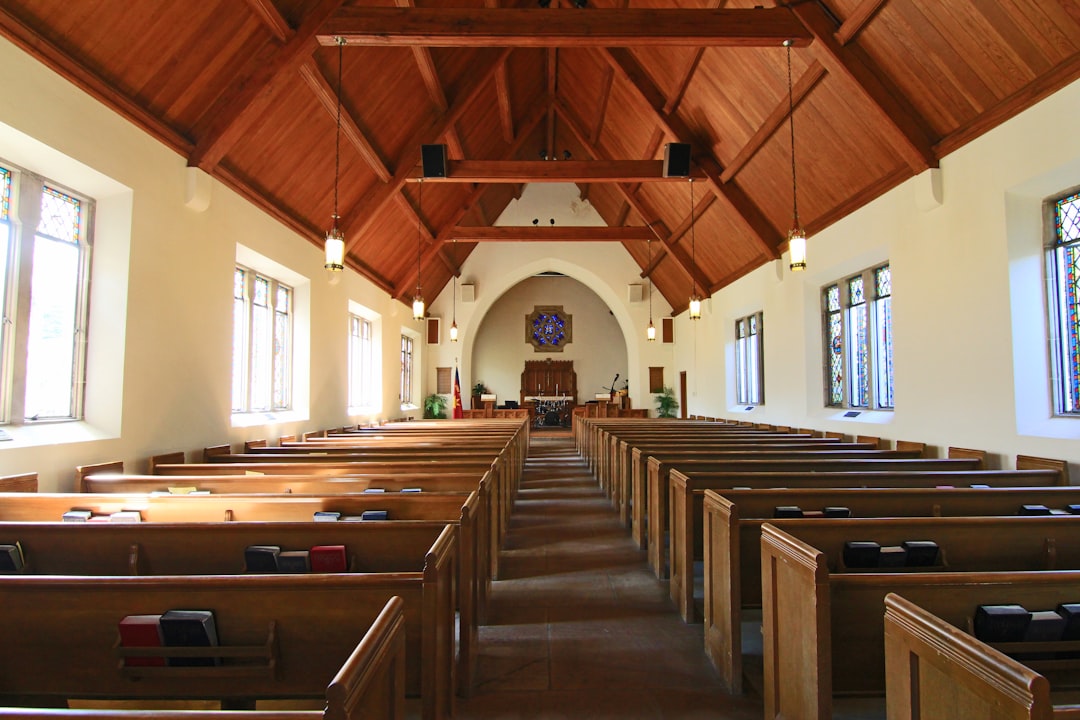In Pennsylvania, clerical abuse lawsuits are a critical tool to hold religious institutions accountable for sexual assault, emotional abuse, and other misconduct by clergy members. Specialized clergy abuse lawyers play a vital role by guiding victims through civil litigation against churches, protecting their rights, and pursuing compensation and accountability. With historical data showing widespread sexual misconduct in religious institutions, these attorneys use their knowledge of state laws to navigate complex cases, secure justice for survivors, and foster safer communities. Their efforts have brought closure and encouraged more victims to come forward, with technology and legal reforms enhancing the process.
In Pennsylvania, clergy abuse lawsuits have gained significant attention, highlighting a critical need for accountability. This article explores the intricate world of these legal battles, offering a comprehensive timeline from understanding the suits’ unique dynamics to examining historic cases that set precedents. We delve into the role of attorneys specializing in clergy abuse, their strategies, and the challenges they face. Additionally, we analyze current trends, ensuring justice is served for victims, and look ahead to future prospects in this evolving landscape, emphasizing the crucial role of clergy abuse lawyers in Pennsylvania.
Understanding Clerical Abuse Lawsuits in Pennsylvania

In Pennsylvania, clerical abuse lawsuits are a critical aspect of holding religious institutions accountable for the actions of their clergy members. These cases often involve allegations of sexual assault, emotional abuse, or other forms of misconduct by priests, ministers, or religious leaders. Understanding the legal landscape is crucial for victims seeking justice. Pennsylvania law provides a framework for civil litigation against churches and religious organizations when their employees or representatives engage in abusive behavior.
Victims of clerical abuse can navigate the legal system with the help of experienced clergy abuse lawyers in Pennsylvania. These attorneys specialize in handling sensitive cases, ensuring that victims’ rights are protected while pursuing compensation and accountability. They guide clients through the process, from initial consultations to trial, aiming to secure justice and closure for those affected by such trauma.
Historical Context: A Look at Past Cases

In Pennsylvania, cases of clergy abuse have been a subject of legal scrutiny for decades. Historical context reveals a pattern of sexual misconduct within religious institutions, leading to numerous lawsuits against clergy and organizations alike. Over the years, several high-profile cases have brought attention to the issue, prompting greater awareness and stricter regulations. These past instances have set precedents for how such cases are handled, with an increased focus on victim support and accountability for perpetrators.
Clergy abuse lawyers in Pennsylvania have been instrumental in navigating these complex legal landscapes, advocating for survivors, and ensuring that institutions are held responsible. Their expertise lies in understanding the unique challenges posed by religious organizations and their hierarchical structures, which can make reporting and prosecution difficult. By delving into past cases, these attorneys gain valuable insights into the strategies employed by abusers and work towards creating a safer environment for vulnerable individuals within the community.
The Role of Attorneys in clergy Abuse Suits

When victims of clerical abuse seek justice, the role of experienced attorneys is invaluable. In Pennsylvania, where many cases of clergy abuse have been reported, specialized lawyers play a crucial part in navigating complex legal systems and ensuring that victims’ rights are protected. These attorneys have an in-depth understanding of state laws and regulations related to child protection, sexual misconduct, and institutional liability. They guide clients through the process, from initial consultations to trial, offering support and advocating for their rights.
Attorneys specializing in clergy abuse cases in Pennsylvania help victims understand their legal options, gather evidence, and build strong cases. They often collaborate with experts in psychology and child development to strengthen claims. By presenting compelling arguments and negotiating settlements or winning verdicts, these lawyers ensure that survivors receive the justice they deserve and hold accountable those who have caused them harm.
Common Challenges and Legal Strategies

When navigating a clergy abuse lawsuit in Pennsylvania, plaintiffs often face unique challenges due to the sensitive nature of the cases. One significant hurdle is the statute of limitations, which restricts the time individuals have to file legal claims. This timeline varies based on the type of abuse and state laws, making it crucial for victims to act swiftly. Delaying legal action could lead to permanent barriers in pursuing justice.
Legal strategies in these cases often involve extensive documentation and testimony from experts. Victims may need to provide detailed accounts of the abuse while relying on clergy abuse lawyers in Pennsylvania to gather evidence, including church records and other relevant documents. These attorneys play a pivotal role in navigating complex legal procedures, ensuring that all applicable laws are considered to maximize compensation for victims and hold perpetrators accountable.
Ensuring Justice: Current Trends and Future Prospects

In recent years, there has been a growing awareness and emphasis on ensuring justice for victims of clergy abuse in Pennsylvania. This shift is driven by a concerted effort from clergy abuse lawyers who specialize in handling such sensitive cases. They have successfully navigated complex legal landscapes to bring closure and accountability to victims, many of whom have endured profound trauma. The current trend shows a marked increase in the number of individuals coming forward to share their stories, reflecting a growing comfort in seeking justice.
Looking ahead, technology plays a pivotal role in enhancing these efforts. Digital platforms facilitate safer reporting mechanisms and centralized record-keeping, crucial for building robust cases against abusers. Furthermore, ongoing legal reforms aim to streamline processes, making it easier for victims to pursue justice. These developments offer hope for the future, promising more effective navigation of the legal system by both victims and their clergy abuse lawyers in Pennsylvania.





